Shure SM58 Handheld Cardioid Dynamic Microphone

Own one like this?
Make room for new gear in minutes.
Own one like this?
Make room for new gear in minutes.Compare 0 Listings
Product Details
Gallery
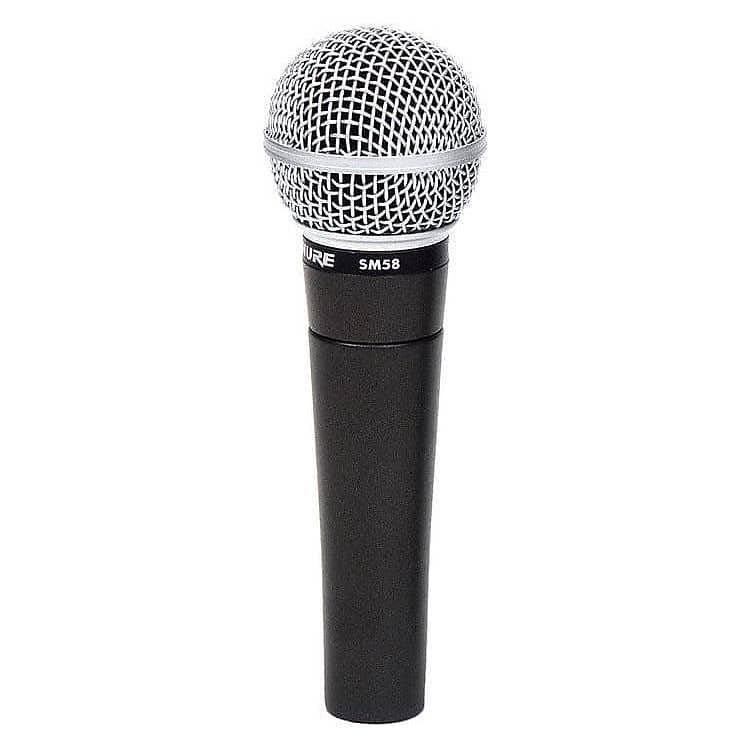

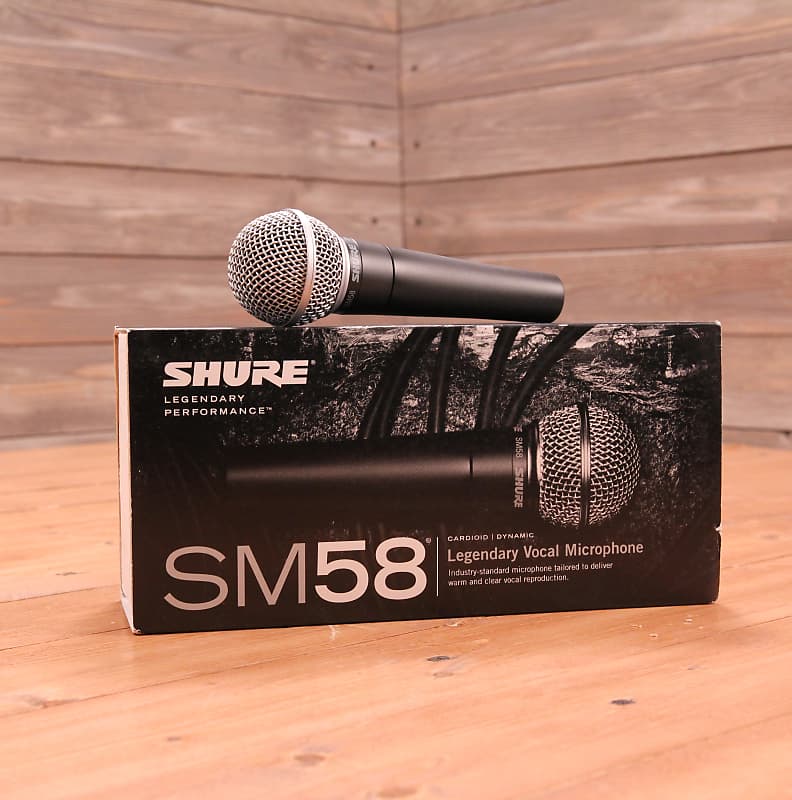
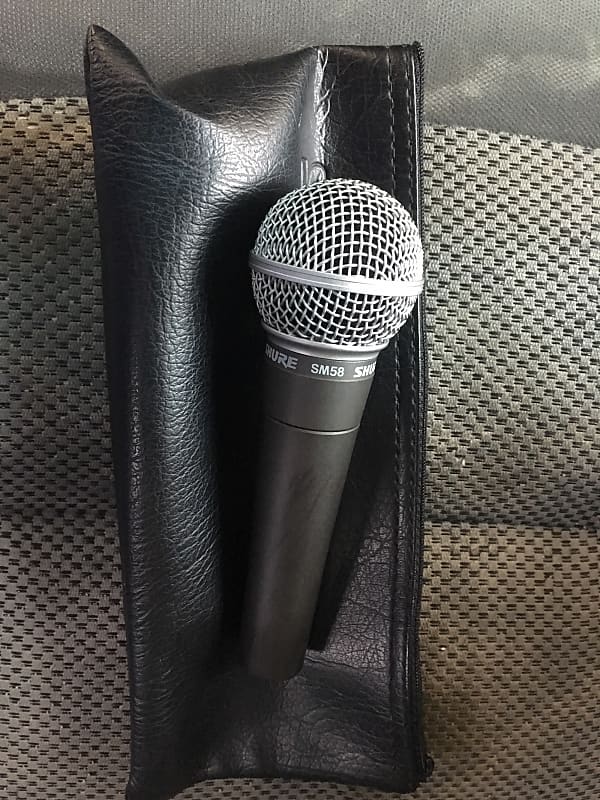
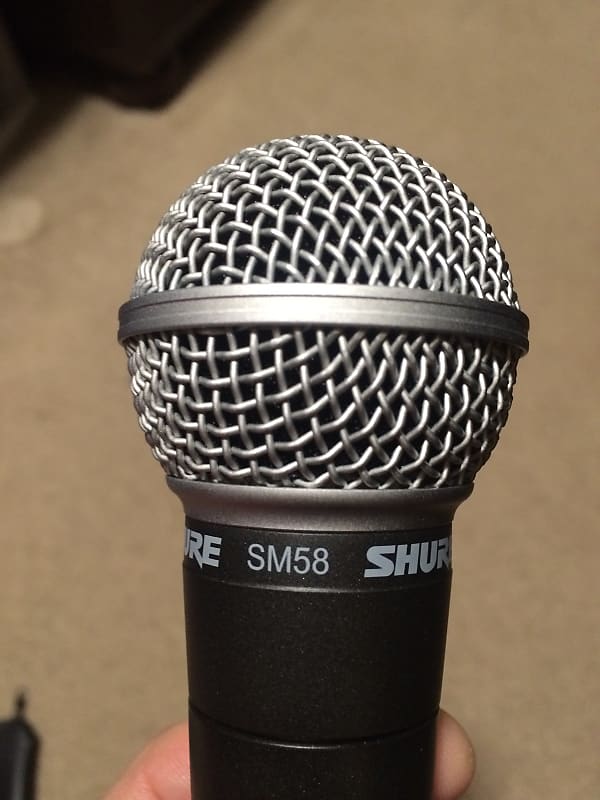
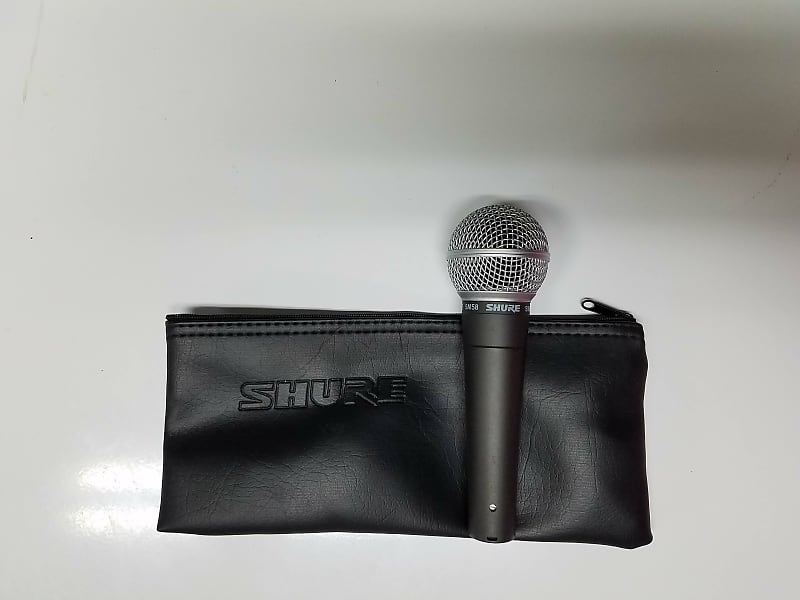
Product Specs
| Brand | |||||
| Model |
| ||||
| Finish |
| ||||
| Year |
| ||||
| Made In |
| ||||
| Categories | |||||
| Electronics |
| ||||
| Microphone Type |
| ||||
| Polar Pattern |
| ||||
| Wired/Wireless |
| ||||
Overview
Video
Price Guide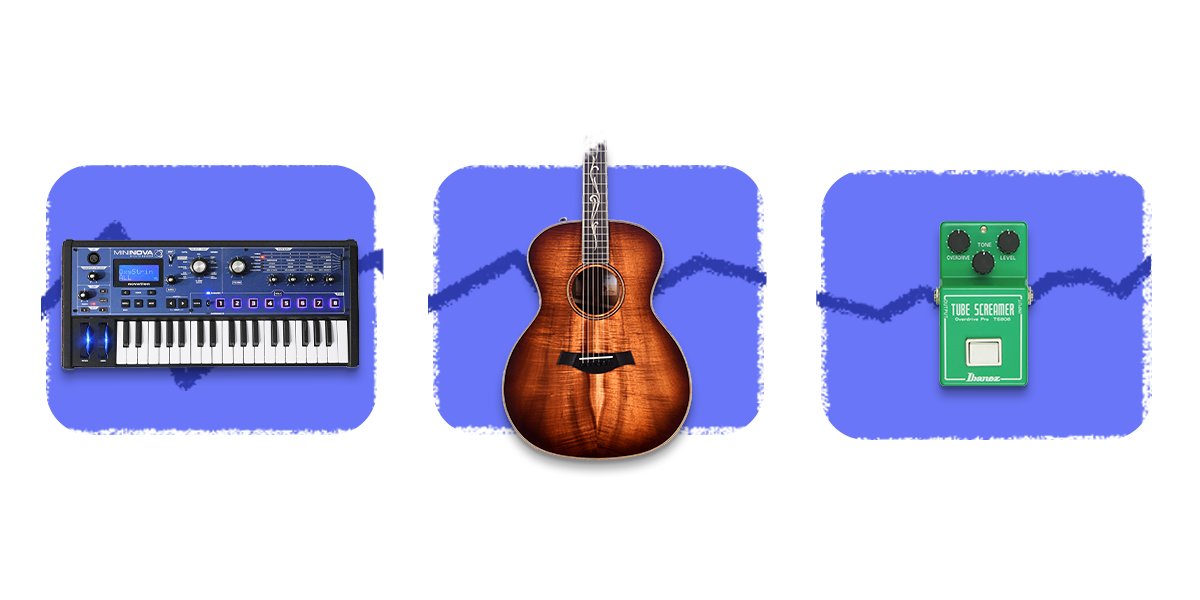
*Excludes Brand New, B Stock, Fair, Poor, and Non-functioning. Prices exclude shipping and tax/VAT/GST.
Product Reviews
More Information
Build quality follows price point in most industries, but there are always exceptions where a particular product punches above its weight. Like the Honda Civic of audio industry, the Shure SM58 surprises users with quality matching much more expensive units and a robust range of abilities, leading some to call it the mic that can do everything. While not necessarily the best in any one area, the SM58 covers enough bases well enough to clear that “must-have” bar for anyone who is thinking about recording.
It looks like a very plain, unsexy mic. What exactly makes it so great?
The SM58 adds all the warmth and clarity you would want in a vocal track while resisting handling noise more than most other comparable mics and remaining virtually indestructible. Check out this video of an SM58 creating a clear recording after being tortured in every possible way. As a follow up, it still recorded perfectly after the makers of the video buried it in dirt for a year. There is simply no other cardioid dynamic mic on the market that can endure so much and do so much at this price point.
Can the SM58 be used for studio recording?
While primarily known as live performance mic, the SM58 can be used in the studio. There are miles of message board lore claiming which artists have used SM58s on various albums. Billy Joel, Peter Gabriel, Phil Anselmo, Bono and Björk are a few names that frequently come up as SM58 studio users. Speculation and details aside, the point is that yes, this mic has a place in the studio. Just be sure you have a pre-amp that can provide plenty of gain. Pairing the legendary SM58 with a cheap $50 pre-amp to do home recording will lead to less than legendary results.
How is the SM58 different from the Beta 58 and the SM57?
Despite the fuzzy equating people do between these three models, they are not built the same and do not sound the same. The Beta 58 has a supercardioid pattern with 4 dB hotter output and a wider response range. It also has slightly less handling noise and a harder, “less dentable” mesh grill. The SM57 is closer in design, using the same capsule but with a flat grill to position the mic closer to the source (i.e. guitar cabs). This grill difference causes a boost above 5kHz, making the SM57 more suited for drums and guitar recording than live vocal use.
I hear it’s approaching fifty years on the market. Are vintage specimens better?
There have been no major design changes since 1966, but manufacturing did shift from the US to Mexico in the 1980s. Some claim that the older, US-made specimens have a more open sound, but those specimens are also thirty years old and may have other age-related issues. There is no clear verdict on this one. A new or well-loved SM58 from any era will give you the versatility and sound they are known for and put your recording rig on the map.

